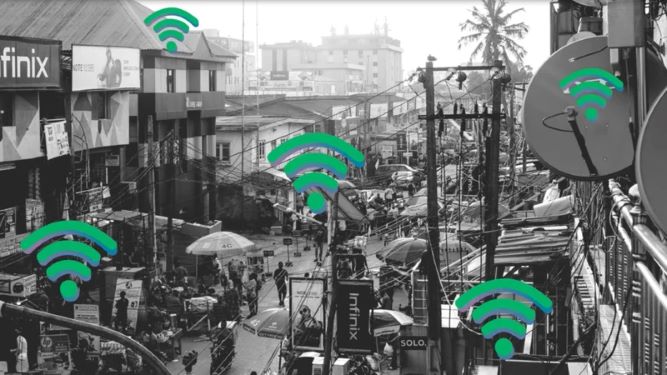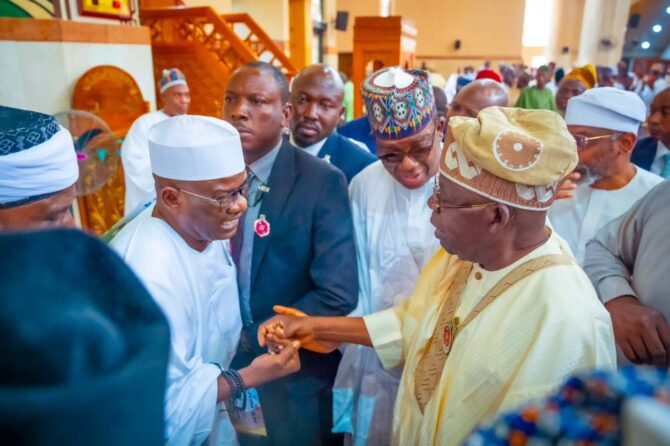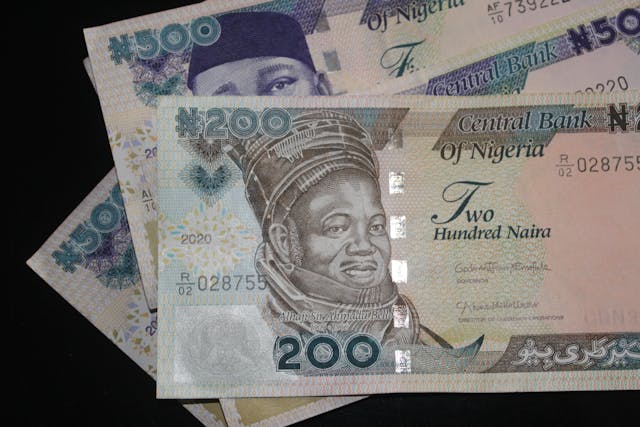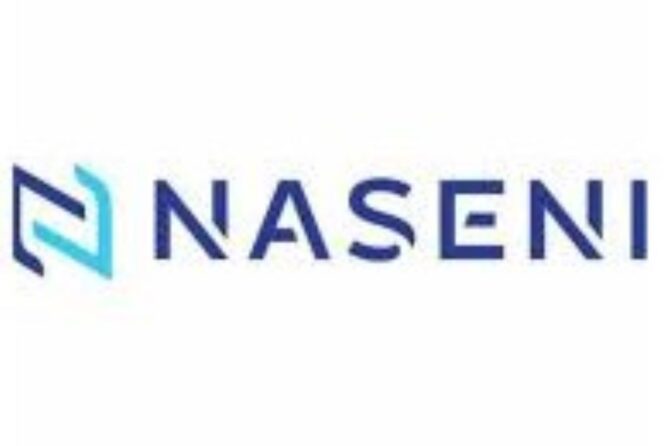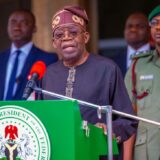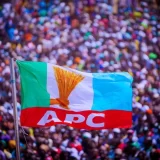How Elon Musk’s Satellite Network Conquered Nigeria’s Internet
LAGOS, Nigeria—Elon Musk’s Starlink has surged to become Nigeria’s top internet service provider (ISP) by subscriber growth in just two years, overtaking traditional giants like Spectranet and FiberOne, with 100,000 active users by April 2025, per industry estimates. Since its 2023 launch, Starlink’s satellite-powered broadband has captivated a nation frustrated by slow, unreliable telecoms, offering speeds up to 150 Mbps in rural and urban hubs alike. Amid a naira crash to N1,635/$1 and 40% inflation, #StarlinkNigeria trends at 250,000 posts on X, but local ISPs cry foul, as Nigeria’s digital divide narrows, April 15, 2025.
From Lagos to Villages: Starlink’s Meteoric Climb
Starlink entered Nigeria in January 2023, the first African nation to adopt its low-Earth orbit (LEO) satellite network, per NCC records. By September 2024, it had 70,000 subscribers, nearly tripling from 23,897 at 2023’s end, per Space in Africa. April 2025 estimates peg users at 100,000, outpacing Spectranet’s 105,000 and FiberOne’s 33,000, per African Business. In Lagos’ Computer Village, vendor Quadri AbdulFatai told BBC Pidgin he sells 20 Starlink kits daily at N590,000 ($360), down from N800,000 in 2023. “It’s hot—everyone wants it,” he said. #StarlinkBoom posts (120,000) show rural teachers streaming lessons and startups thriving, from Kano to Calabar.
Why Nigeria Fell for Starlink: Speed Meets Need
Nigeria’s 154 million internet users—70% of 220 million people—face frequent outages, sluggish speeds, and rural blackspots, per NCC. MTN, Airtel, and Glo dominate mobile data, but fixed broadband lags, with only 262,000 ISP subscribers in 2023, per African Business. Starlink’s LEO satellites bypass fiber gaps, delivering 100-150 Mbps, per performance tests, versus Spectranet’s 20 Mbps average, per TechCabal. “Local ISPs failed us—Starlink works anywhere,” said Abuja entrepreneur Chioma Eze, who streams Zoom glitch-free. Analyst Temidayo Oniosun said, “Nigerians crave reliability; Starlink delivers.” #InternetForAll posts (80,000) hail access in Borno’s remote schools, despite security woes.
Economic Crunch: A Market Ripe for Disruption
Nigeria’s economy—rice at N100,000 per bag, fuel at N950/litre, and Trump’s tariffs cutting $200 million in exports—pushes digital solutions as lifelines, per NBS. With 95 million in poverty and 53% youth unemployment, per World Bank, Starlink’s N38,000 ($23) monthly plan, though pricier than MTN’s N8,000 for 30GB, justifies its cost for businesses and remote workers, per Naija247news. A N659 billion stock market dip and naira’s fall to N1,635/$1 amplify urgency, per CBN. #FixNigeria posts (150,000) link Starlink’s rise to telecoms’ neglect, as Dangote Refinery’s N940/litre petrol fails to ease pain, per Vanguard.
Local ISPs Reeling: Adapt or Die
Starlink’s growth threatens local ISPs, with Spectranet losing 8,000 users in 2024, per African Business. Tizeti pivoted to fiber, and FiberOne slashed prices, but mergers loom, per Oniosun. “Starlink invests little locally—no jobs, no taxes,” said Spectranet’s CEO, Ajay Awasthi, per The PUNCH, echoing Safaricom’s Kenya complaints. NCC reports Starlink built three ground stations in 2025, but critics like Steve Song argue it “extracts value” without infrastructure, per Semafor. #LocalISPs posts (50,000) demand protection, yet Tinubu praised Starlink’s “digital bridge” on April 14, per State House. #TinubuStarlink posts (30,000) split on policy.
Challenges and Critics: Can Starlink Sustain?
Starlink’s $360 kit remains steep for many, despite cuts from $528, per Legit.ng. Urban capacity issues—100-200ms latency in Lagos—spark complaints, per Space in Africa. Regulatory hurdles persist; Nigeria’s NCC blocked a price hike in 2024, per Weetracker. Critics fear over-reliance on foreign tech, with #TechSovereignty posts (20,000) citing South Africa’s 30% Black ownership rule stalling Starlink, per Le Monde. Meanwhile, insecurity—Plateau’s 40 deaths on April 13, per AP—tests connectivity’s role in crisis zones. “Starlink’s a tool, not a savior,” said analyst Dr. Tunde Lawal.
Nigeria’s Digital Leap: A New Era?
Starlink’s 100,000 users signal a shift, with 96% of Kenya’s satellite subscribers choosing similar speeds, per CA Kenya. Nigeria’s broadband penetration, 43% in 2024, could hit 50% by 2027, per NCC forecasts, if Starlink expands. #StarlinkNigeria posts celebrate students accessing Khan Academy in Yobe, but Lawal warns, “Local ISPs must innovate, or Nigeria risks foreign dominance.” As Tinubu navigates CBEX scams and Borno bombs, per Reuters, Starlink’s rise offers hope—and a challenge. Will Nigeria seize this digital wave, or let tensions stall progress?


